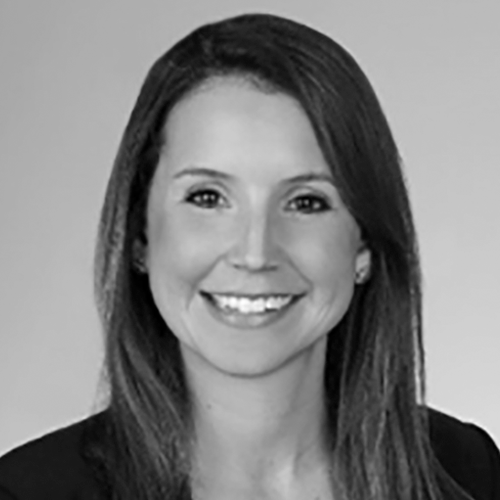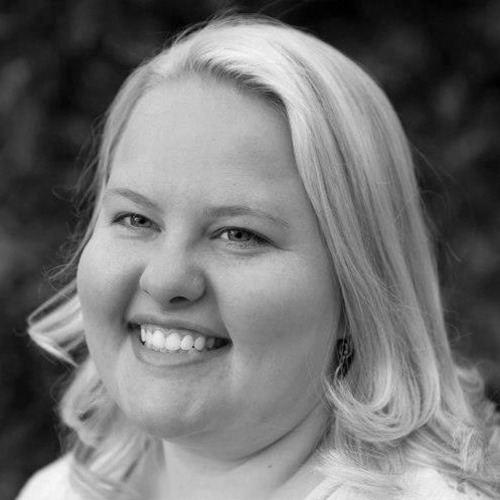How can advanced education help women in healthcare? Two women who graduated with master’s degrees from the Medical University of South Carolina explain how this degree opened up new opportunities.

Caroline Moluf, MHA
Health Solutions Administrator, Medical University of South Carolina
How did getting your master’s degree allow you to advance your career?
The diverse coursework and understanding the operational infrastructure of a health system were a huge asset. Everything from insurance reimbursement and financial modeling to strategic leadership skills was useful as I built my career. The network of colleagues I developed will last a lifetime and was also a huge benefit of the program.
Why did you decide to pursue this specific master’s degree?
When I was in my undergraduate courses, I took a class called Economics of Healthcare. I was intrigued by the complexities and began to explore MHA programs. The rest is history.
What advice do you have for someone struggling to find their niche within healthcare?
A fellowship or multiple internships in different departments will allow you to explore different areas. Keep searching because it could take a few years to find your niche. I have worked in operations and strategy, and now I run a department focused on innovative product development and commercialization for a health system. It is an absolute blast but took me five years to get here.

Katie Kirchoff
Developer and Data Integration Engineer, Medical University of South Carolina
How did getting your master’s degree allow you to advance your career?
These days, I see having a master’s degree as almost a necessity. The degree added a disciplinary focus to my general “data science” resume. Yes, I can work in data science in any field, but the advanced degree adds expertise in healthcare, which makes my work product more valuable.
Why did you decide to pursue this specific master’s degree?
I decided in college that I was interested in data science. Once I started working in the field as a student research assistant at MUSC, I realized that I wanted to apply my analytical skills to the interdisciplinary aspects of the healthcare industry. The Master of Science in healthcare informatics program helped me focus my interest.
What advice do you have for someone struggling to find their niche within healthcare?
First, you need to decide if you are interested in the patient care side of healthcare or the research side, and go from there. Talk to people with jobs on both sides and gain experience from any opportunity you can to find where your niche in healthcare is or is not.

